
Key SEO Metrics in SEO Software for Agencies to Track Progress
SEO software for agencies is a crowded space, just like online marketing, with countless tools and metrics. While some are key to analyzing a client’s online presence, others can lead to confusion or even harm if not used properly.
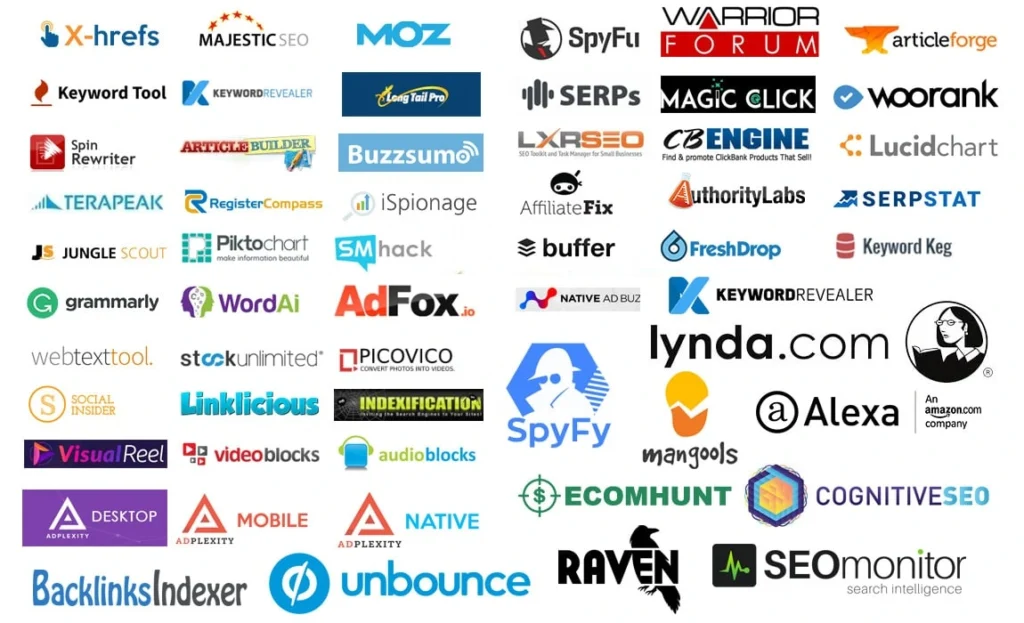
For SEO professionals, It’s all about focusing on the best SEO software for agencies—the ones that genuinely track growth—so you can stay on course and skip the distraction of irrelevant metrics.
Misinterpreting metrics happens all the time, and it can easily lead to poor assumptions or a focus on the wrong data.
In this blog, we’re going to take a deep dive into the most commonly used SEO metrics across different SEO software for agencies and analytic platforms, showing you exactly how to use them to make smarter, data-driven decisions for your agency’s clients.
1. Domain Authority (DA) – From Moz
The first SEO metric we’ll look at is Domain Authority (DA), an SEO metric developed by Moz. Abbreviated as “DA”, this score looks at how many high-quality, authoritative backlinks a website has.
It gives an estimate of how authoritative your site is, using a scale from 0 to 100.
A score of 100 is held by the internet’s most authoritative sites—think Google or Facebook. On the flip side, a score of 0 indicates a site with nearly no authority.
Often, Domain Authority is used to gauge how trustworthy and authoritative a website is. This metric is designed to emulate PageRank, a crucial part of Google’s ranking algorithm, which assesses website authority in combination with other algorithmic signals.
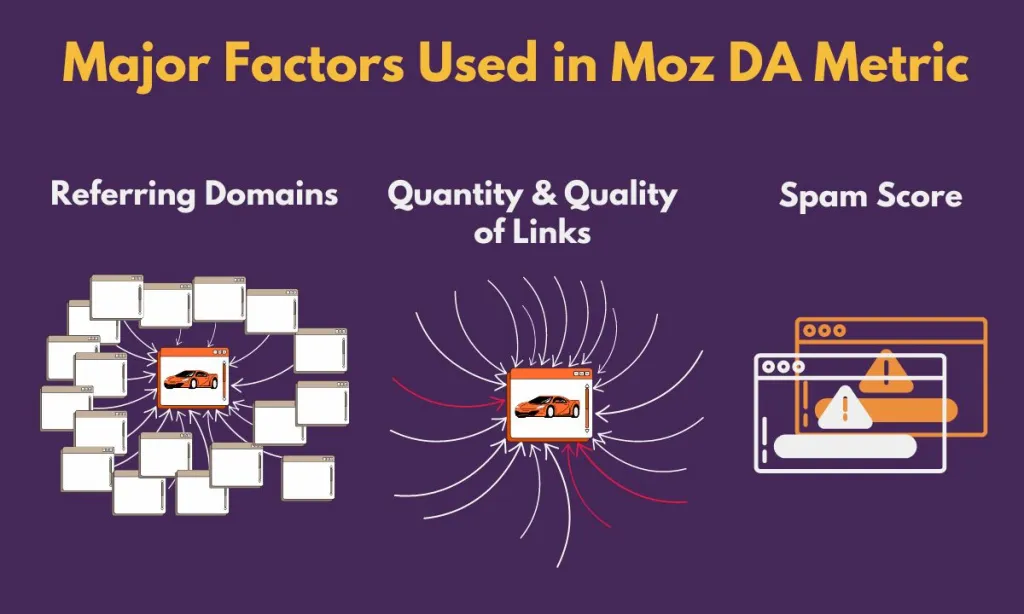
For SEO agencies, understanding DA is important, as it helps gauge how much authority a website has accumulated.
You might notice that DA can help show whether a site is gaining authority or losing it as time passes. That said, don’t assume a higher DA always means you’ll rank higher in Google search.
Why? The reason is simple—Moz’s DA score doesn’t factor into how Google ranks pages. Google has its own system, PageRank, which has nothing to do with Moz’s DA score.
You can certainly use DA to get a sense of authority, but don’t let it be the only metric you base your SEO success on, when you are considering an SEO software for agencies.
If you weigh DA too heavily, you could end up heading in the wrong direction since it doesn’t have a direct impact on Google rankings. While it’s a useful metric for tracking authority, it’s far from being the last word on SEO.
2. Ahrefs Rank (AR) – From Ahref
Shifting gears, let’s talk about Ahrefs Rank (AR).
Ahrefs stands out as a leading SEO software for agencies, delivering detailed data on everything from backlinks to keyword performance.
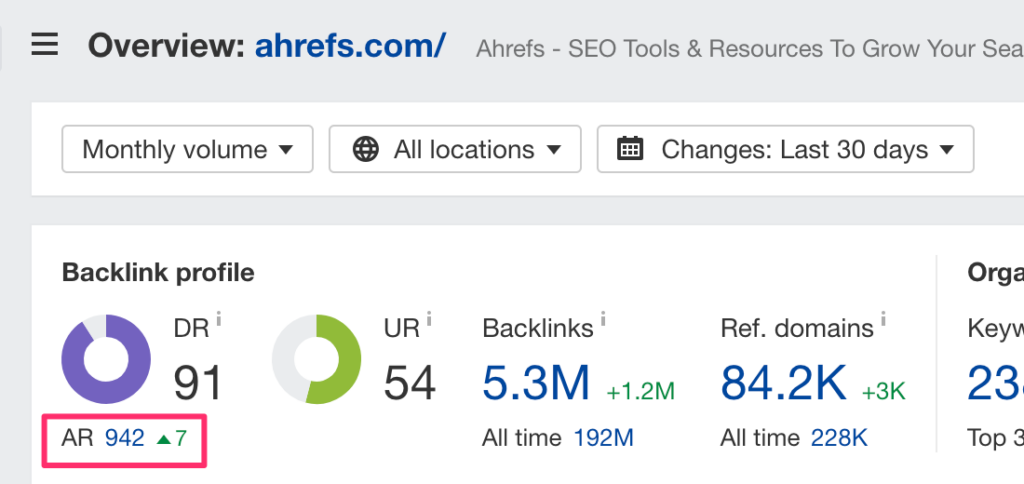
“Ahrefs Rank” is an internal metric used by Ahrefs to measure a site’s authority, but this metric is based on what is indexed within Ahrefs’ database.
Much like Domain Authority from Moz, Ahrefs Rank doesn’t influence Google rankings directly. Just because one site has a higher Ahrefs Rank doesn’t necessarily mean it will rank higher in Google or get more backlinks.
Ahrefs Rank is useful for understanding how authoritative a site appears within Ahrefs’ database. However, it’s just another internal metric designed to provide an estimate of authority, and should not be relied on solely when making SEO decisions or looking for an SEO software for agencies.
While it can give you insights into how a site is performing within the tool, it doesn’t tell the full story in terms of Google rankings.
3. Semrush Authority Score – From Semrush

Similar to Moz and Ahrefs, Semrush has its own authority tracking metric called Authority Score.
This metric, designed to be indicative of Google’s PageRank. It enables tracking of the authority of websites and how well it is doing in terms of improvement for trust, authority, and SEO strength.
Like Domain Authority and Ahrefs Rank, Semrush’s Authority Score is more of an indicator of progress than a predictor of SEO success.
While it does track a site’s growth over time, it does not directly influence keyword rankings on Google. Authority Score can help you understand if your site’s trustworthiness and backlink profile are improving, but it’s important not to get too caught up too much in this metric.
Because obsessing over these authority scores could steer your focus away from what really matters: providing value to your target customers.
4. Google Analytics & Google Search Console – From Google
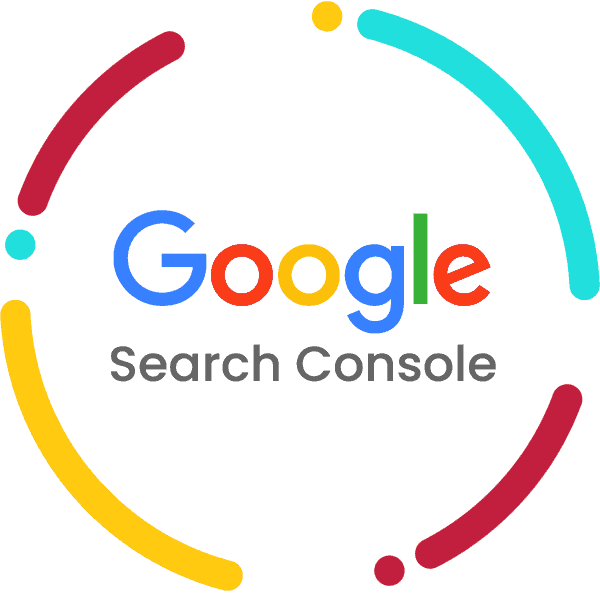
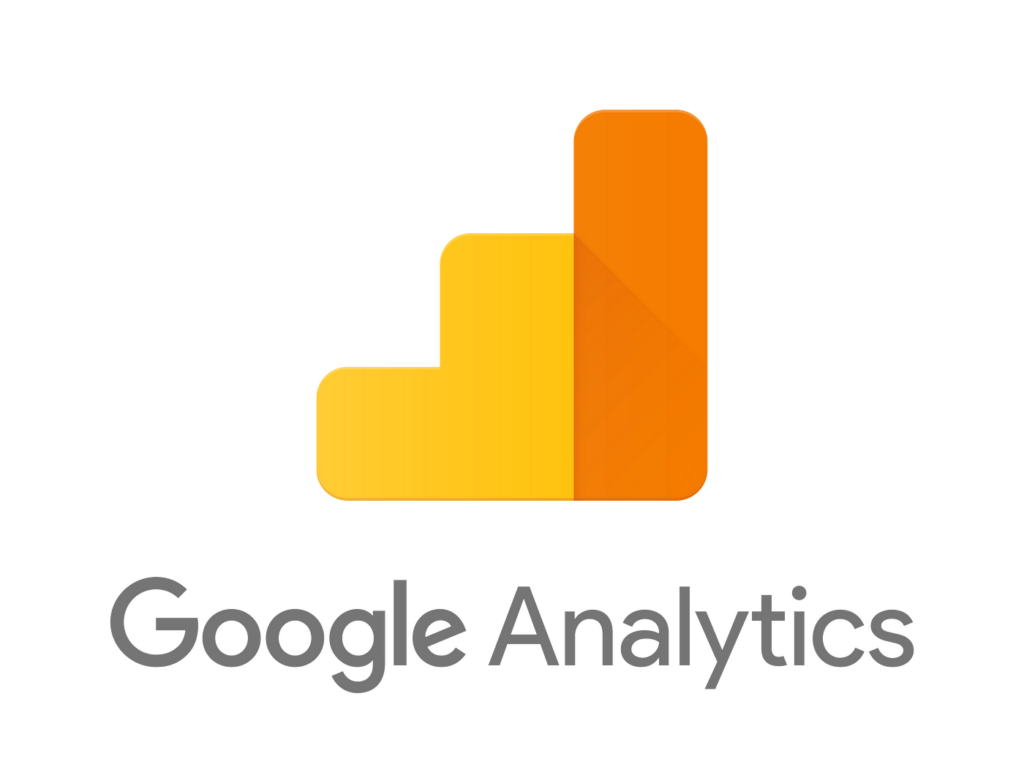
Now, let’s switch to two of the most popular SEO software for agencies that really make a difference with SEO: Google Analytics and Google Search Console.
Both of these systems are real powerhouses when it comes to offering insight into the performance of your client’s site and will make tracking those truly important metrics much easier.
Google Analytics
Google Analytics is invaluable when it comes to tracking your organic traffic. With it, you can segment traffic data and see how your organic traffic is growing or declining over time.
Monitoring organic traffic is crucial to understanding whether your SEO efforts are paying off.
Google Analytics lets you filter out organic traffic, providing you with clear visibility on how a site is performing from an SEO standpoint.
“Are the strategies you’re using helping to bring more visitors?”, “Is your content attracting new traffic?” and “What countries are my visitors coming from?” These are the types of questions you can answer with Google Analytics.
Google Search Console
When it comes to SEO, Google Search Console is a non-negotiable tool. It helps you track which keywords are helping your site rank and, even better, how much traffic those keywords are sending your way.
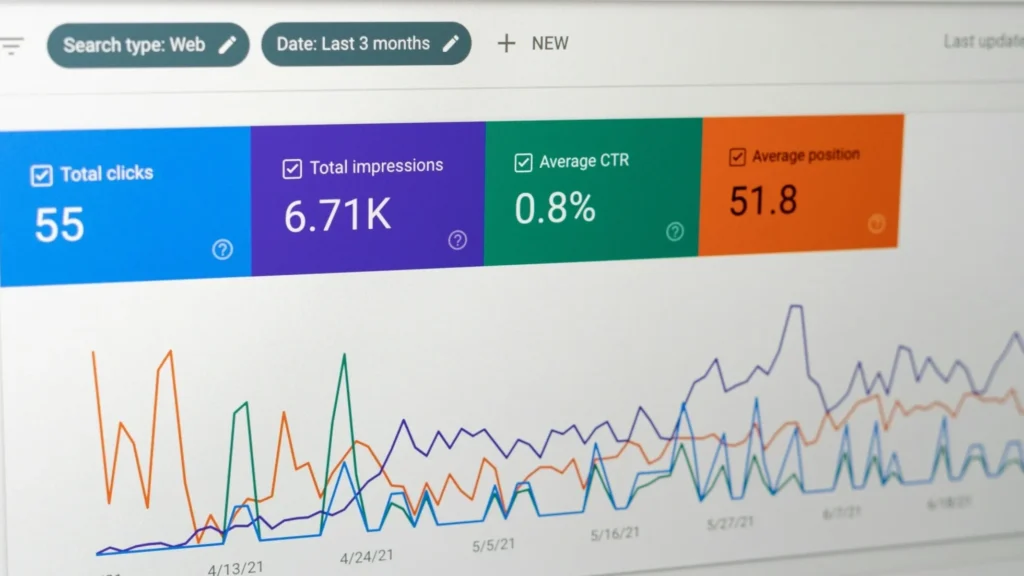
It’s a great way to track keyword performance and understand what’s working.
Some of the most useful metrics in Search Console include impressions, clicks, and click-through rates (CTR). These help you understand how well your site is performing on specific keywords and if your organic traffic is growing. Even though Google doesn’t provide all of the data we’d like to see, the trends and patterns you can extract from Search Console data can be incredibly helpful for measuring progress.
Cross-referencing this data with SEO software for agencies like Moz, Semrush, or Ahrefs lets you align your rankings with your organic traffic.
After all, metrics like organic traffic, keyword rankings, impressions, and CTR are the ones that hold the key to measuring your SEO success.
Conclusion: Focusing on What Really Matters
Wrapping up, metrics like domain authority, Ahrefs Rank, and Authority Score are great for tracking a site’s authority and growth, but they shouldn’t dictate your entire SEO strategy.
What matters is how well organic traffic grows and thus shows the results of your SEO efforts.
Metrics like Google Analytics, Google Search Console, and keyword rankings are far more actionable and directly correlated with the success of your SEO strategy. By using these free SEO software for agencies to track progress and make data-driven decisions, you’ll have a much better chance of improving your rankings and achieving a strong ROI for your clients.
If you have any questions or want to dive deeper into any of these metrics, feel free to leave a comment below.
If you’re looking for affordable yet powerful SEO software for agencies, try SEOModify.
Unlike the costly tools like SEMrush, Ahrefs, and Moz, SEOModify gives you the right metrics to track organic growth—all without burning a hole in your wallet.
And with its user-friendly interface, managing your SEO strategy feels effortless.
Start making data-driven decisions that not only boost rankings but also deliver solid results for your clients.